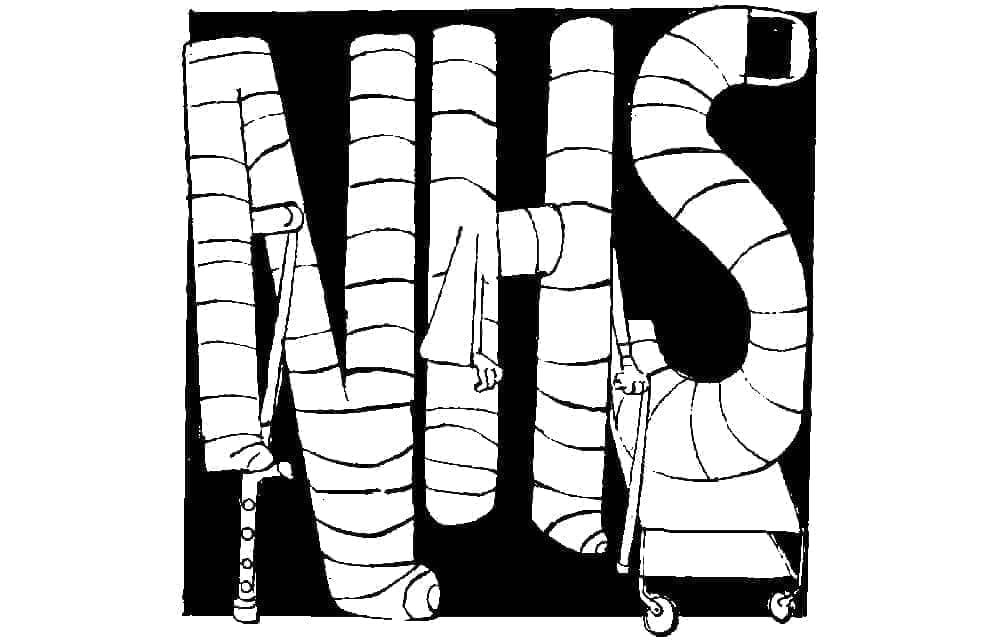One of the few jokes in Jeremy Hunt’s Autumn Statement was when the Chancellor started talking about himself. As is the custom in fiscal events, he praised a colleague who had come up with an idea that he was now adopting, though it was immediately obvious that this member was Hunt:
On staff shortages, the former chair of the Health and Social Care Select Committee put forward the case for a long-term workforce plan. He even wrote a book about them. I have listened carefully to his proposals and believe they have merit. So the Department of Health and Social Care and the NHS will publish an independently-verified plan for the number of doctors, nurses and other professionals we will need in five, ten and 15 years’ time.
MPs chuckled indulgently.
When Hunt became Chancellor, a lot of NHS folk felt they’d finally got someone on the inside of the Treasury, which has historically seen the Department of Health as a spending black hole. He had spent a fair bit of time as a select committee chair complaining about the Treasury’s refusal to sign up to his plan for workforce forecasting, and so it seemed inevitable that he would go for it once in the job himself. Indeed, I predicted that this was going to happen in my i paper column last month. Yesterday NHS boss Amanda Pritchard called for a workforce plan, and the timing of that intervention suggested she might have been making that call advisedly.
Hunt was keen to show that she had bought in to what he was announcing, telling the chamber:
I have also had discussions with NHS England about the inflationary pressures on their budget. I recognise that efficiency savings alone will not be enough to deliver the services we all need. So because of difficult decisions taken elsewhere today, I will increase the NHS budget, in each of the two years, by an extra £3.3 billion. The chief executive of the NHS, Amanda Pritchard, has said this should provide sufficient funding for the NHS to fulfil its key priorities and shows the government is serious about its commitment to prioritise the NHS.
It was almost as if he was laying down a marker that Pritchard couldn’t complain that the health service didn’t have enough money. It’s worth pointing out that her buy-in is important, given the amount announced today is only half of the amount her finance chief Julian Kelly had said was needed.
Hunt has also decided to push the efficiency line further, and today compared it to more successful health systems in other countries, saying: ‘We want Scandinavian quality alongside Singaporean efficiency, both better outcomes for citizens and better value for taxpayers.’ He has appointed former health secretary Patricia Hewitt to examine the way that integrated care boards are operating. Hewitt was the minister who discovered the NHS overspend back in 2005, and had to wade through a significant amount of institutional bullshitting before officials fessed up to what was going on. That she is tasked with ‘advising us on how to make sure the new integrated care boards operate efficiently with appropriate autonomy and accountability’ suggests the NHS is going to be put under a lot of pressure to shape up in the coming months.
It also reflects a growing worry that these new structures – implemented by the Tories – are able to diffuse accountability to the extent that it is very difficult to get any one organisation or figure to take responsibility. Hunt might be an unusual Chancellor in that he is sympathetic to the NHS’s calls for more money, but he’s by no means the health service’s man on the inside.







Comments